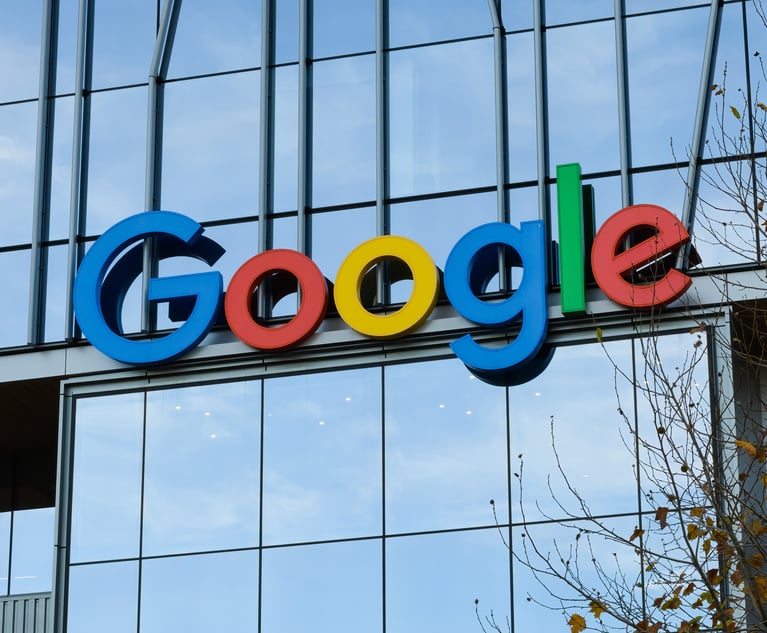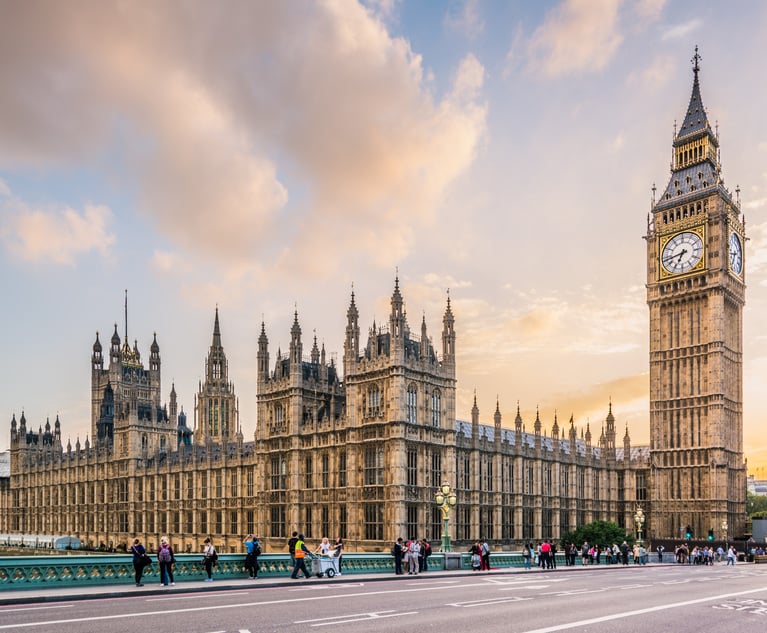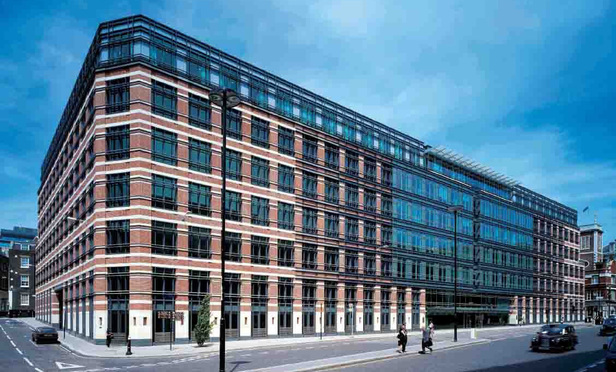Dechert client fee dispute to proceed after High Court judge rules £16m legal bill 'highly unrealistic'
Next court proceedings slated for early 2018
February 10, 2017 at 11:52 AM
2 minute read
Dechert has been dealt a blow in its long-running £16.3m fee dispute with former client Eurasian Natural Resources Corporation (ENRC), after a High Court judge questioned the legitimacy of the bill.
In the ruling handed down today, the judge said Dechert's fee estimates were "considerably awry on every occasion" and were based on "highly unrealistic" assumptions.
The ruling means FTSE 100 mining giant ENRC can proceed in its attempt to recover millions of dollars from the law firm.
ENRC has accused Dechert of "systematic and gross overcharging", after the firm billed the London-based mining company £16.3m ($20.3m) for 23 months of work relating to a criminal investigation by the Serious Fraud Office (SFO).
The dispute will now move to formal costs assessment proceedings, which an ENRC spokesman said are likely to take place at London's High Court early next year. ENRC, which is being represented by London disputes boutique Signature Litigation, is disputing £11.6m of Dechert's total fee.
A spokesman for ENRC said the company was "pleased" with the ruling. "We have always been concerned about the level of charging by Dechert, but felt unable to challenge these while our internal investigation was underway," he added.
A Dechert spokeswoman said: "We look forward now to proceeding with the costs assessment process."
The judgment [PDF] also revealed that DLA Piper, which was originally hired by ENRC to work on the internal corruption probe, had estimated that its fees on the matter would come to £350,000-£400,000 plus VAT and disbursements.
DLA's lead partner on the dispute, Neil Gerrard, took the instruction with him to Dechert when he joined the firm in 2011. Dechert was subsequently fired by ENRC in April 2013, with the company initiating proceedings against the firm that autumn.
In a letter to The American Lawyer in May 2016 [PDF], Dechert general counsel Arthur Newbold said that ENRC's allegations were "outrageous and unfounded".
Dechert had previously failed in two separate attempts to have the costs proceedings heard in public. ENRC successfully argued that a public hearing could have potentially damaging consequences for the company's ongoing SFO investigation.
This content has been archived. It is available through our partners, LexisNexis® and Bloomberg Law.
To view this content, please continue to their sites.
Not a Lexis Subscriber?
Subscribe Now
Not a Bloomberg Law Subscriber?
Subscribe Now
NOT FOR REPRINT
© 2025 ALM Global, LLC, All Rights Reserved. Request academic re-use from www.copyright.com. All other uses, submit a request to [email protected]. For more information visit Asset & Logo Licensing.
You Might Like
View All
Malaysia’s Shearn Delamore Set To Expand Local Footprint With New Office Launch


CMA Uses New Competition Powers to Investigate Google Over Search Advertising

‘A Slave Drivers' Contract’: Evri Legal Director Grilled by MPs
Trending Stories
Who Got The Work
J. Brugh Lower of Gibbons has entered an appearance for industrial equipment supplier Devco Corporation in a pending trademark infringement lawsuit. The suit, accusing the defendant of selling knock-off Graco products, was filed Dec. 18 in New Jersey District Court by Rivkin Radler on behalf of Graco Inc. and Graco Minnesota. The case, assigned to U.S. District Judge Zahid N. Quraishi, is 3:24-cv-11294, Graco Inc. et al v. Devco Corporation.
Who Got The Work
Rebecca Maller-Stein and Kent A. Yalowitz of Arnold & Porter Kaye Scholer have entered their appearances for Hanaco Venture Capital and its executives, Lior Prosor and David Frankel, in a pending securities lawsuit. The action, filed on Dec. 24 in New York Southern District Court by Zell, Aron & Co. on behalf of Goldeneye Advisors, accuses the defendants of negligently and fraudulently managing the plaintiff's $1 million investment. The case, assigned to U.S. District Judge Vernon S. Broderick, is 1:24-cv-09918, Goldeneye Advisors, LLC v. Hanaco Venture Capital, Ltd. et al.
Who Got The Work
Attorneys from A&O Shearman has stepped in as defense counsel for Toronto-Dominion Bank and other defendants in a pending securities class action. The suit, filed Dec. 11 in New York Southern District Court by Bleichmar Fonti & Auld, accuses the defendants of concealing the bank's 'pervasive' deficiencies in regards to its compliance with the Bank Secrecy Act and the quality of its anti-money laundering controls. The case, assigned to U.S. District Judge Arun Subramanian, is 1:24-cv-09445, Gonzalez v. The Toronto-Dominion Bank et al.
Who Got The Work
Crown Castle International, a Pennsylvania company providing shared communications infrastructure, has turned to Luke D. Wolf of Gordon Rees Scully Mansukhani to fend off a pending breach-of-contract lawsuit. The court action, filed Nov. 25 in Michigan Eastern District Court by Hooper Hathaway PC on behalf of The Town Residences LLC, accuses Crown Castle of failing to transfer approximately $30,000 in utility payments from T-Mobile in breach of a roof-top lease and assignment agreement. The case, assigned to U.S. District Judge Susan K. Declercq, is 2:24-cv-13131, The Town Residences LLC v. T-Mobile US, Inc. et al.
Who Got The Work
Wilfred P. Coronato and Daniel M. Schwartz of McCarter & English have stepped in as defense counsel to Electrolux Home Products Inc. in a pending product liability lawsuit. The court action, filed Nov. 26 in New York Eastern District Court by Poulos Lopiccolo PC and Nagel Rice LLP on behalf of David Stern, alleges that the defendant's refrigerators’ drawers and shelving repeatedly break and fall apart within months after purchase. The case, assigned to U.S. District Judge Joan M. Azrack, is 2:24-cv-08204, Stern v. Electrolux Home Products, Inc.
Featured Firms
Law Offices of Gary Martin Hays & Associates, P.C.
(470) 294-1674
Law Offices of Mark E. Salomone
(857) 444-6468
Smith & Hassler
(713) 739-1250









